
While addiction can make it difficult to maintain relationships, it’s possible to overcome these challenges and learn how to express love in healthy ways. In many cases, substance use starts as a way of self-medicating distressing feelings brought on by conditions such as depression, anxiety, or trauma. These co-occurring disorders, as they are called, are common, and when someone with addiction suffers from depression, anxiety, or insomnia, they are much more likely to relapse. About a third of people with a diagnosable mental health condition, and about half of those with a severe mental health condition, have some form of substance use disorder, research shows us.
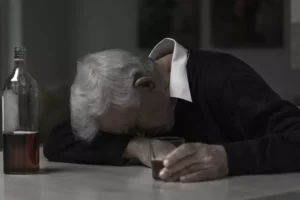
Should a Recovering Addict Be Involved in a Relationship in the Beginning?
Codependency and enabling are two terms that are often used interchangeably, but they actually have different meanings.
How Addiction Ruins Relationships
It is essential to prioritize your well-being, set boundaries, seek support, and focus on your personal growth. Healthy communication, trust, and empathy are key in navigating the unique challenges of a relationship with someone struggling with addiction. From drugs and alcohol to other addictive substances, the grip of addiction is relentless.
The Telltale Traits of a Sex Addict
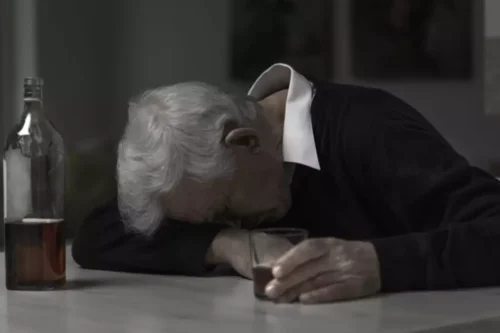
What makes Family First Intervention services different is the emphasis on the family. There is something that happens when a family has that moment when they realize that various forms of dysfunctional ideas have selfishly directed the way they address the problem. When a family takes on a dysfunctional role, such as enabler, hero, or martyr, they unknowingly try to prevent change can an addict love you from happening. In addition to the family roles that have formed, your family has been led astray by the alcoholic, addict, or loved one with mental disorders.
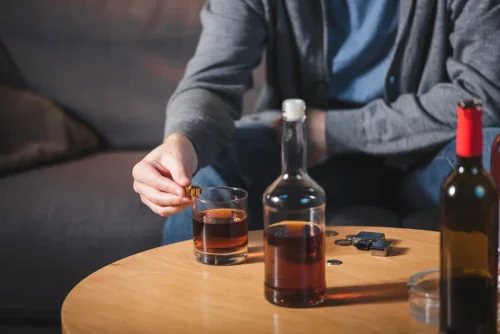
Drug addicts may neglect their loved ones or lie to them in order to get their next fix. Drug addiction is a complicated disease that can have a https://ecosoberhouse.com/ devastating impact on the addict’s life, but it does not change their capacity to love. Discover the harsh reality behind loving an addict, why they can’t love you back, and how to navigate this challenging journey.
- Professional treatment can provide the tools and support needed to help a person break the cycle of addiction and start to rebuild their relationships.
- If you find yourself completely engrossed by someone and something to the point that it’s affecting how you eat, sleep or react to stressful situations, it might be time to assess your relationship with love.
- Addiction is not a simple issue; it’s a multi-faceted problem with deep-rooted psychological and physiological components.
– The Addictive Spiral
Substance abuse often leads individuals to prioritize acquiring and consuming drugs or alcohol over nurturing their relationships with loved ones. When it comes to relationships with addicts, understanding why they can’t love you is key. In this captivating section, we’ll uncover the distortions of substance abuse, the self-centered nature of addiction, and the heartbreaking prioritization of substances over relationships. Brace yourself for eye-opening insights and fascinating revelations as we explore the intricate dynamics of love and addiction.
Drug addiction also affects a person’s emotions and behavior, which can make it difficult for them to express genuine feelings of love. Someone who is addicted to drugs may struggle to show affection, and may not be able to demonstrate the same kind of emotional commitment that a person in a healthy relationship would. This can alcoholism treatment make it difficult for their partner to trust them, leading to a cycle of mistrust and confusion. Feelings of guilt and shame are common among addicts, stemming from their actions while under the influence or as they grapple with the consequences of their addiction. These emotions can be overwhelming, leading to a cycle of continued substance use as a way to escape or numb these feelings. The cycle of guilt and shame not only perpetuates the addiction but also hinders the addict’s ability to engage in healthy relationships.
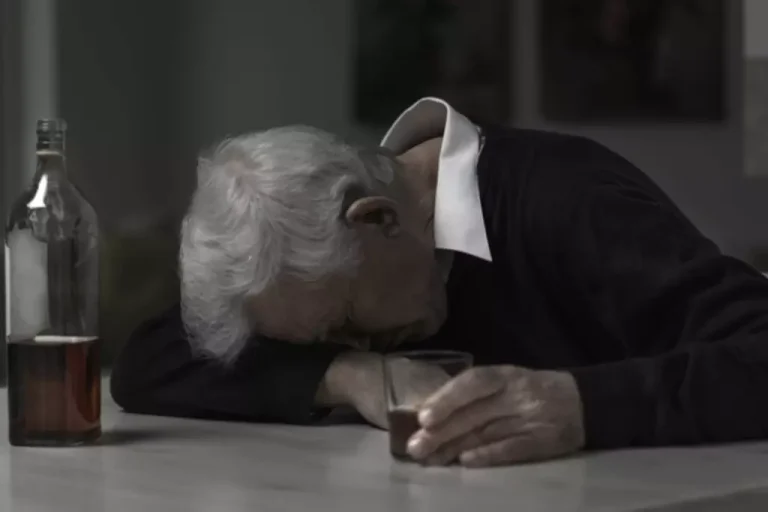
- Substance abuse leads to lying, secrecy, and broken promises, causing the trust to crumble.
- Addiction often distorts the individual’s priorities and behaviors, leading to a self-centered focus on fulfilling the addiction’s demands.
- They can learn to communicate better, understand each other’s needs, and develop a stronger bond.
- Participating in couples therapy and other support services can help both partners strengthen their communication skills, rebuild trust, and create a more stable and loving environment in which to heal and grow.
- Dr. Gerardo recommends popping this “love bubble” by seeking out people in your life to get their points of view.
- Substance use disorder is often diagnosed alongside other mental health disorders such as depression or anxiety.
- The impact of addiction on relationships can be profound, leading to a range of emotional turmoil and difficulties.
This approach acknowledges the interconnected nature of substance abuse and mental health issues. Dual diagnosis treatment employs an integrated approach, addressing both conditions simultaneously to achieve comprehensive healing. Through therapy, medication-assisted treatment, and other specialized interventions, individuals receive holistic care that considers their unique challenges and promotes lasting recovery. Rebuilding relationships in the aftermath of substance abuse can be a challenging journey, but it’s possible to support dual growth. From seeking professional help and establishing boundaries to encouraging treatment and rebuilding trust, we will navigate the complexities of rebuilding relationships affected by substance abuse.
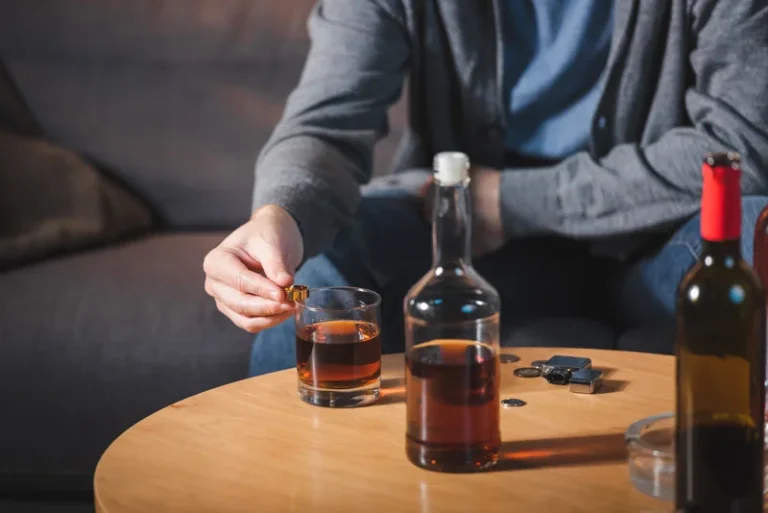
Examples of Enabling Behaviors:
That said, Saltz notes they might commonly use therapy approaches like cognitive behavioral therapy (CBT) and dialectical behavioral therapy (DBT). Some of these tendencies may resemble an “addiction,” so to speak, because they lead you to fixate on someone else as a means of avoiding anxiety and other unwanted emotions. “This interruption of functioning is what makes this behavior like an addiction,” Simonian says. But if pervasive thoughts about a particular person, or the idea of love in general, start to negatively affect your job, schoolwork, sleep, or any other areas of your life, that may pose some cause for concern.
- Yet in the case of addiction, those feelings of sadness are often accompanied by anger and blame.
- Avenues Recovery Center offers help for those seeking healing from addiction.
- Research has indicated that as much as 50% of individuals with substance use disorders may have a co-occurring mental health disorder.
- Ultimately, recovery and healing are essential to repair relationships and foster emotional well-being for both the addict and their loved ones.
- You may find yourself being asked for money often, and feeling guilty if you say no.
But Sarah eventually realized her enabling behavior only worsened Mark’s addiction. Seeking guidance from a support group, she discovered the harm she was causing. With therapy and treatment, Sarah broke free from the enabling cycle, and Mark became motivated to face his addiction. Yes, addiction is recognized as a disease by medical professionals and leading health organizations.
